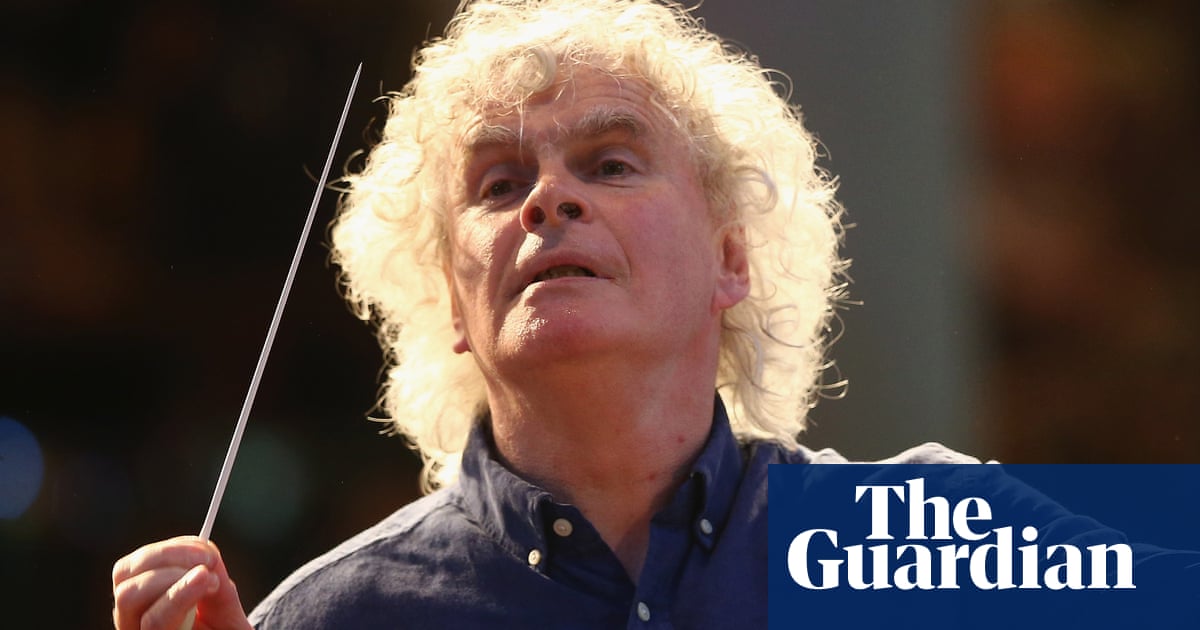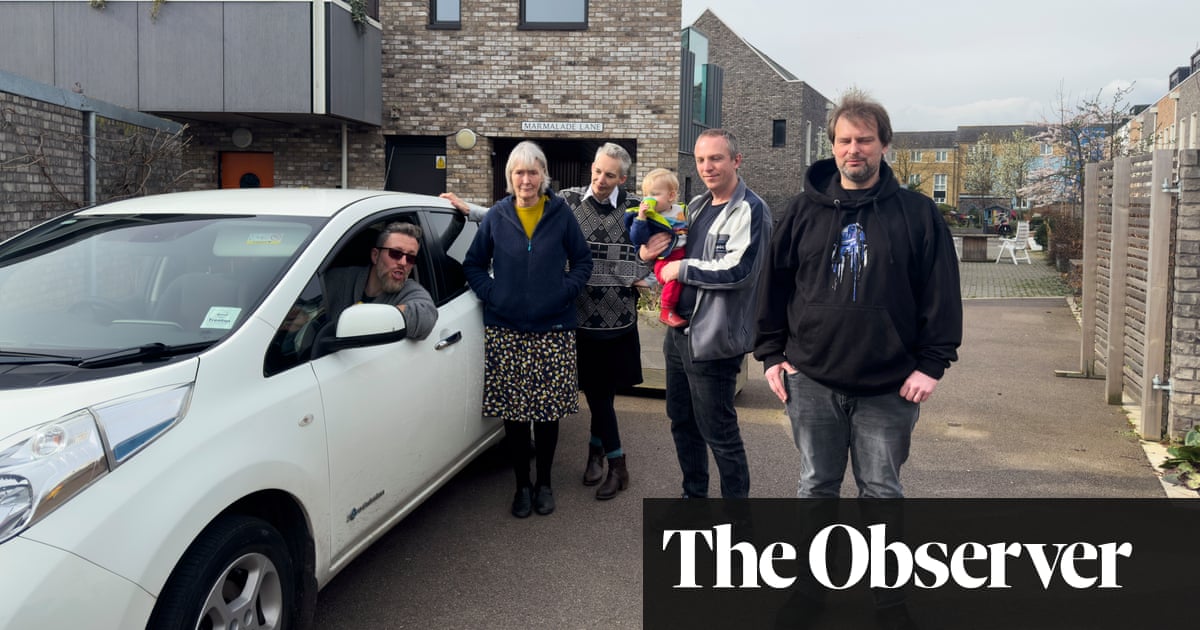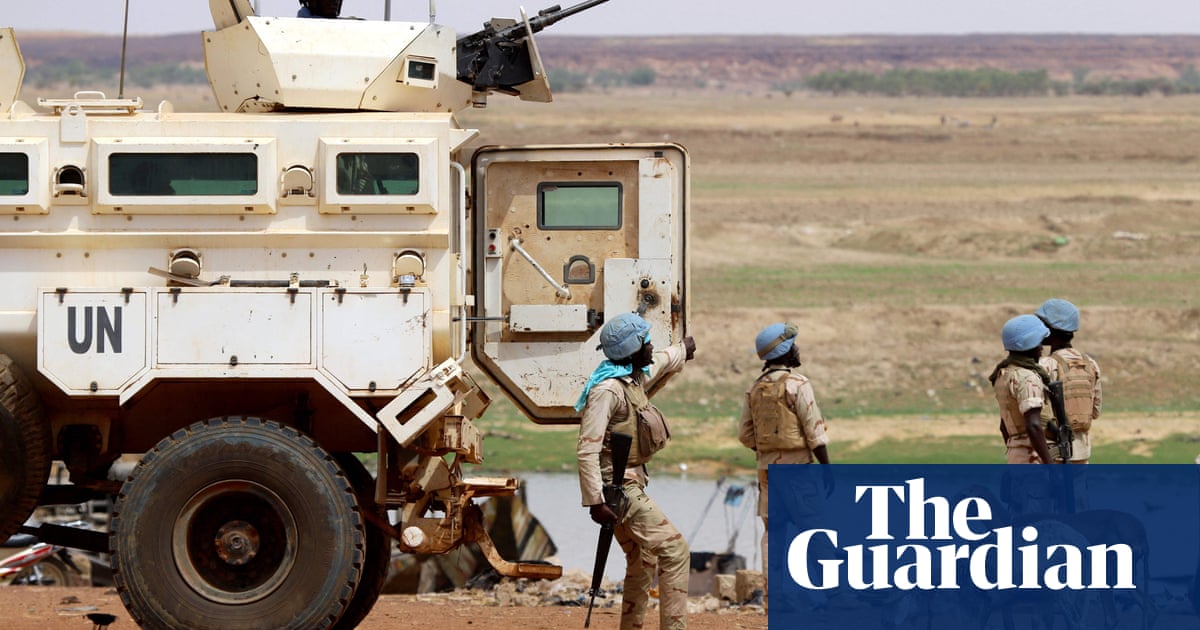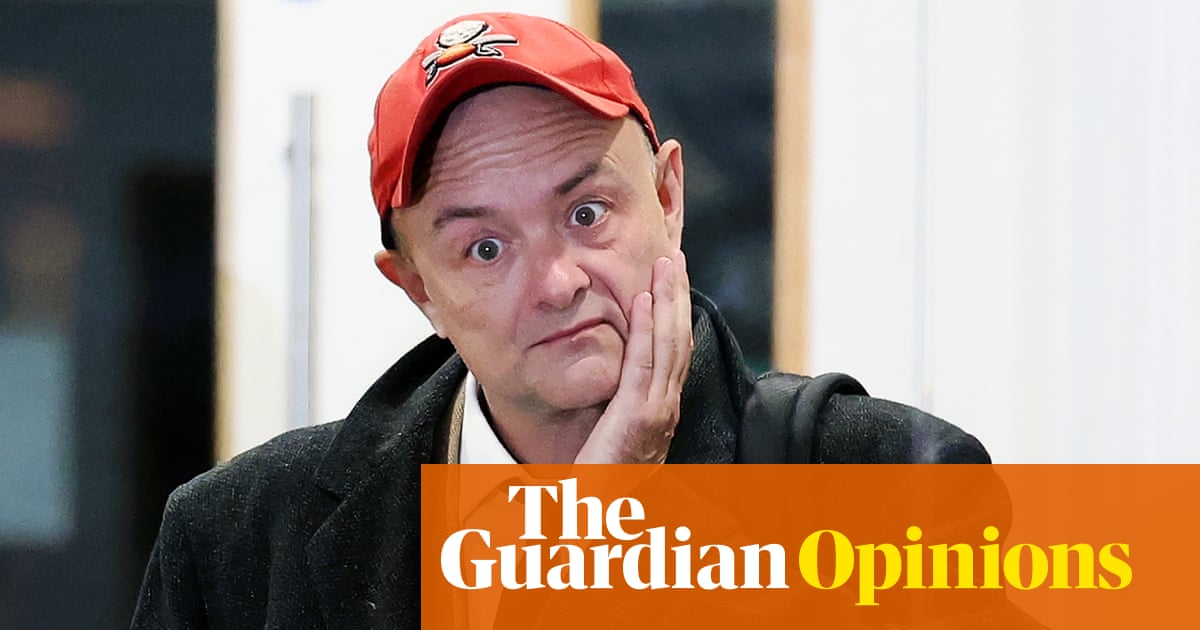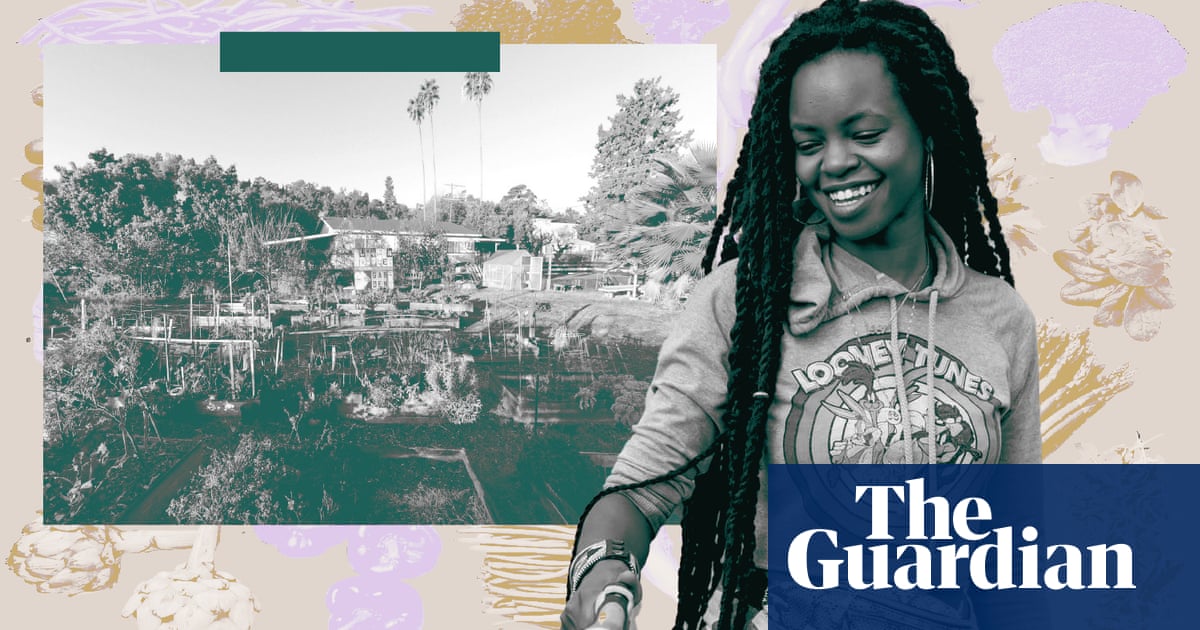
Last week, it was the news that withdrawal of subsidy might mean the end of many UK farms; and that “furious villagers” were incensed by the success of Jeremy Clarkson’s new farm shop in the Cotswolds. Before that, it was the potential impact of the UK-Australian trade deal on small farms. Then there was dog attacks on livestock, the increase in fly-tipping, one-off golden handshakes to older farmers, the impact of staycationers on farmland and potential shifts in the badger-culling strategy. There always seems to be a farming story somewhere.
However, while farming is never out of the news, farmers themselves don’t often feature. Apart from Kate Humble, Adam Henson and now Jeremy Clarkson, farmers are generally represented either by the constant persuasive figure of NFU president, Minette Batters, or by an old person looking furious beside a gate.
So, who is this massively contentious group of individuals, this declining segment of the British workforce? In 2013, I moved into a cottage on a small upland farm in Wales and was struck by the mismatch between the public version of farming and the apparent truth of it. There seemed to be so many contradictions.
The image of farmers was either of grasping grain barons driving 90-metre combines and skiing all over the subsidy, or of Starkadder types held up with baler twine in conditions disdained by goats, or (newer, this) Poldarkers in a backlit state of cottage-core bliss, hot-tubbing their glamping pods and flogging bistort cordial for £40 a pop.
But the farmers I came across were as varied and various as the land they farmed. Shakespearean family dramas played themselves out over generations and not much looked like it did on Countryfile. Gradually, over the seasons, I began to see what separated farmers from every other professional group. For a start, it didn’t seem to be a job.
To farmers Bert and Alison, this place, their land, was everything – business and family, past and future, identity and rhythm, money and community, imprisoner and opportunity, first and last, daily bread and Sunday rest. It wasn’t easy.
As of 2020, there are 109,000 farm “holders’” in the UK (owners or tenants). The total farming workforce is now about a sixth of what it was in the mid-19th century, which means this country has four times more civil servants than farmers. Most farmers are old, male and white, most were born into it and most have never heard of this thing called “retirement”. Most work hard, very hard. The vast majority of farm businesses, large or small, are still run by families passing the land or the tenancy from one generation to the next.
In the past couple of decades, a few rare individuals have set up as something called “succession facilitators”. They sometimes run gatherings at which farmers can come together, ostensibly to talk about who’s going to take the farm into the next generation but really to talk about the things that nobody ever talks about until they explode.
The issues each family brings can be huge. Unlike normal inheritance, it’s difficult to divide a farm (buildings, animals, crops, land, machinery) without destroying that farm. But how can parents hand it all to one child while still making things fair to the others?
Here in the meetings, there are men in their 40s who cannot bring themselves to say they want to get out, parents too scared to retire (“There’s no exit strategy,” said one woman. “The exit strategy is death.”), siblings driven to gunpoint, drink, drugs, a loneliness as profound as physical injury. Someone told me about a farmer who, every day at noon, would drive his tractor down to the field overlooking the nearby road. He would sit and eat his sandwiches while watching the people in their cars pass by. In each 24 hours that would be the only time he saw another human being.
Listening to these people talking about their fears and dreams, something else became apparent. Over some farms, the four ghosts wait: the ancestors, the lawyer, the estate agent and the bank. And beyond that, every one of them talked about The Farm as a character in its own right, a personality larger and more dominating than any single individual. They thought of their farms as living things with their own nervous system of needs and desire.
Each person there wore their farm on their bodies, their mended bones, the movements they repeated every day. In some cases, that farm was despotic, a millwheel grinding the lives from each generation. In others, it was benign, a god of warmth and rewards. But in every single case, the farm itself had an energy that lay beyond the reach of practical facts.
At the Harper Adams agricultural university in Shropshire, there’s a different sort of energy. The students are equally split between male and female and only one of those I spoke to was going to inherit. All were also at pains to point out that agriculture and farming are not synonyms: a seed geneticist or a hydrographer can still be working within agriculture even if they never go near a tractor.
Many who did want to farm had faced resistance from friends and family (“They don’t see it,” said one student. “It’s, ‘Why would you want to be a farmer?’ A little bit jokey, a little bit puzzled, but just, ‘Why?’”) and all were keenly aware of the downside (appalling mental and physical health record, low status, public suspicion). Besides, what was viable about an industry where the entry fee (the cost of land) was well over £1m but the income was often less than £10,000 a year?
However, the undertone beneath everything they said was one of impatience. Impatience at a dying system, impatience to get on and change, impatience to innovate. And their reason is exactly the same as it’s become for Jeremy Clarkson: because, if you’re a farmer, at the end of every day you get to feel that you’ve actually done something that makes a difference.
Bella Bathurst’s most recent book is Field Work: What Land Does to People & What People Do to Land





